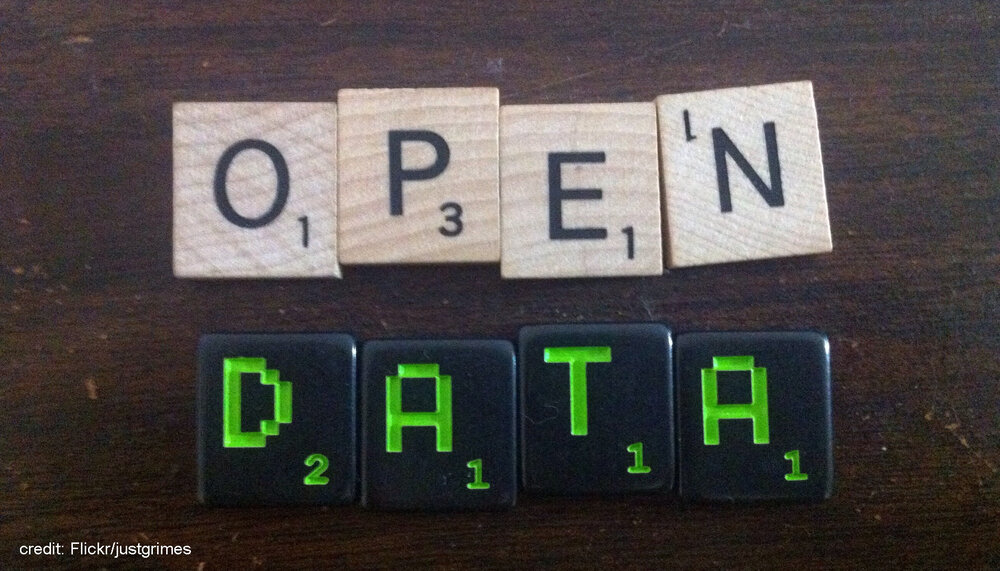GEO licensing guidance removes barriers to open data sharing

The GEO Programme Board has endorsed new guidance promoting the use of standard open data licenses as a way to tackle the legal barriers and uncertainty currently inhibiting open data usage.
The guidance, developed by the GEO Data Working Group, continues GEO’s leadership role in advancing open Earth Observation (EO) data policy. The principle of open data has been embraced throughout the EO community, with more than 400 million open data resources from national, regional, international, and commercial providers now available. It is also reflected through efforts such as the FAIR Principles, Open Science initiatives, and the GEO Statement on Open Knowledge.
However, data licensing has emerged as a factor that is holding back data sharing. Data users need to understand their legal rights and obligations when using data. Unfortunately, while data may be described as “full and open”, this does not always provide sufficient legal clarity. Additionally, some data providers have begun to use custom, lengthy “End User License Agreements” that include restrictions on use and require close legal review. This creates challenges when trying to use a single dataset, and those challenges are greatly compounded when combining multiple datasets.
The newly endorsed data licensing guidance recognizes this problem and proposes a clear solution: EO data that can be released openly (data that are not inhibited by applicable law, policy, or principles, such as the CARE Principles) should be licensed using a standard open data license, widely recognized by data users and containing no substantive restrictions on use. The guidance states that data providers should use one of three specified licenses, identified as consistent with the GEO Data Sharing Principles:
- Creative Commons Zero 1.0 Universal Public Domain Dedication (CC0)
- Open Data Commons Public Domain Dedication and License (PDDL) v1.0
- Creative Commons Attribution 4.0 International (CC BY 4.0)
This simple step will greatly facilitate the use of open EO data. GEO encourages all data providers who are able to provide their EO data openly, including GEO members, participating organizations, and initiatives, to consider this guidance and clearly license their EO data and products accordingly. GEO also encourages data providers and users to let GEO know if this guidance should be updated, as standard open data licenses preferred by data providers and users evolve and other legal concerns arise.
For more information on the guidance, please contact the GEO Data Working Group through: Paola De Salvo